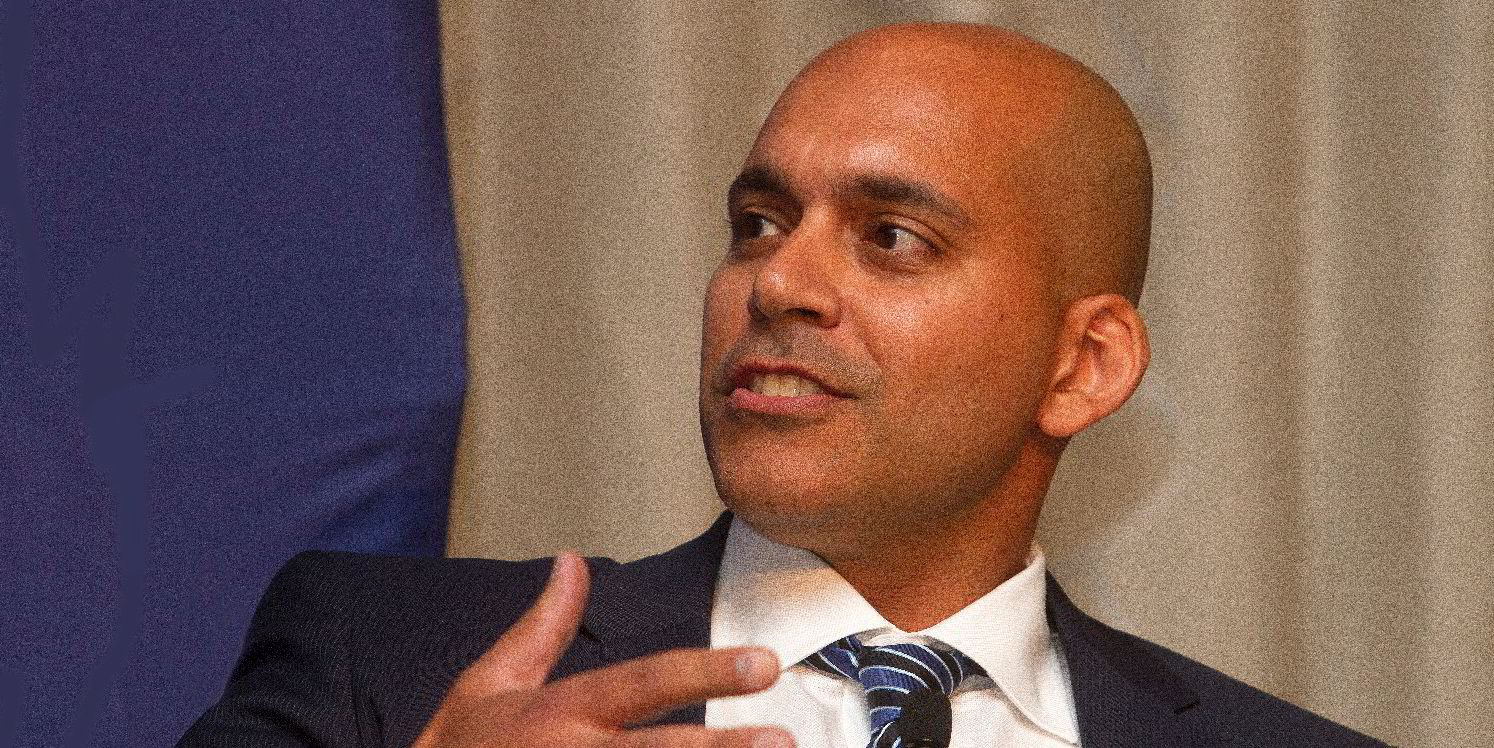What is the biggest difference now that Omar Nokta has moved out of shipping research to focus on investment banking as head of Clarksons Platou Securities’ US office?
It seems the former analyst finally has time to analyse.
“As an analyst, you think you have lots of time to assess and think about things, but in reality you’re running around like crazy checking earnings announcements and press releases and updating your models, talking to the management teams and the sales force and the investors,” Nokta explained, before taking a deep breath and letting out a laugh.
“Ironically, an analyst has little time to actually sit back and analyse. Being a banker, it seems like you have a bit more time to relax and think — you’re not so stressed. You might say I have a bit more time on my hands to think like an analyst.”
One of the things Nokta is thinking about is how capital markets are destined to play an increasingly important role in how shipowners finance themselves. This is largely because of a contraction in traditional lending. The trend is a big reason why he chose to cross the divide between the research side and banking after nearly 12 years as an analyst, Nokta related in an interview with TradeWinds this week.
“We see a tremendous opportunity for shipping in the capital markets,” he said. “Banks have been getting completely out of shipping in many cases. The clearest avenue to capital is going to be in the US markets, both equity and debt.
“So this is about using the relationships that Clarksons has and that I have, and trying to go there. To sell the shipping story to the investment community more and try to raise that capital. The industry needs more capital and we needed more men on the ground.”
It is relatively rare for an equity analyst to slide over to investment banking, at least in shipping coverage. But Nokta takes comfort from looking within his own company and seeing Oslo-based Erik Helberg, who was a respected analyst at Pareto Securities before making a splash in investment banking.
“For me, seeing Erik able to make that transition as he has, it tells me I can learn from him and do the same thing out of New York,” said Nokta, who will team up with chief executive Helberg and head of capital markets Magnus Halvorsen.
Nokta has come a long way since joining the former Dahlman Rose as an intern in 2004, just as shipping was about to make an historic assault on the New York initial public offering (IPO) market.
But while Nokta’s fortunes have soared, shipping’s place with equity investors looks much less certain in 2016. When might that change?
“It’s a good question,” he replied. “Shipping in its current state is matched by several other industries like mining and energy, where a lot of companies are in distress.
“There are a lot of other value opportunities across the energy and commodities chain, and that makes shipping less attractive than it was. There’s a lot of competition for those investors.”
Still, Nokta sees green shoots of activity in the Norwegian over-the-counter (OTC) and bond markets, which historically can precede a re-opening of US markets.
While Nokta will not pin down which shipping sector might strike first, he does stress that size will be an issue.
“We’ll need a company that offers a larger platform, some revenue visibility and a leaner balance sheet,” he said. “It doesn’t need to be a specific sector — it’s the company itself, and what does it offer investors.”




